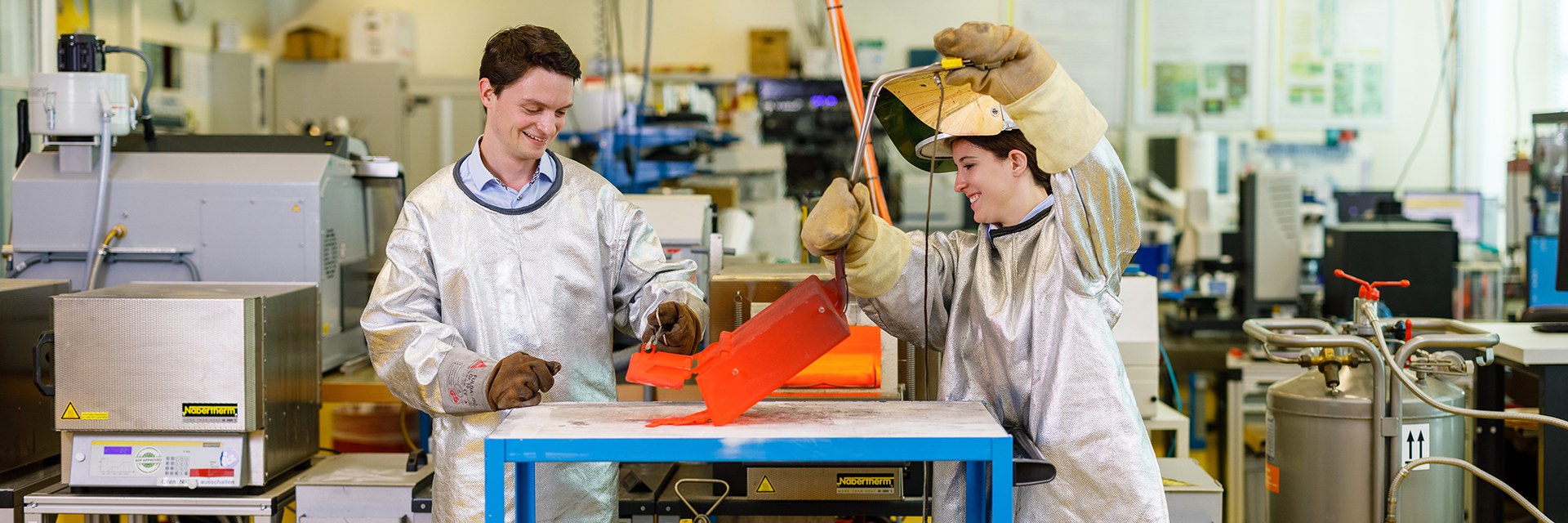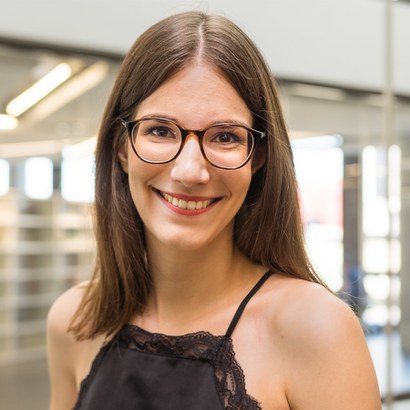
Product Development and Production Engineering
Design, simulation and optimisation of products using innovative technologies, materials and manufacturing processes. Development of production and manufacturing systems including new manufacturing processes and application of innovative technologies such as robotics, additive manufacturing, laser processing.
Product Development and Production Engineering is a specialisation of the Bachelor of Science degree program Mechanical Engineering in close cooperation with the FHNW Institute of Product and Production Engineering

"Today's market constantly demands new and better products that provide added value to the consumer. In order to meet these demands in the future, it is essential that companies are able to bring high-quality products to the market with short development cycles using the latest methods and tools. In the Product Development specialisation, from detailed product development to production, a sound specialist knowledge is taught in order to be able to assert and prove themselves in this dynamic market".
In the Product Development and Production Engineering specialisation, you will learn to develop products (components, assemblies, machines, plants) to analyse them using simulation and experimentations, produce them using the most suitable manufacturing process and production systems and optimize them, considering economic framework conditions and technical specifications. This also includes the selection of suitable materials and manufacturing processes.
The modern and extensive laboratory and computer infrastructure enables the optimal and individually coordinated combination of experimental and numerical expertise.
This specialisation allows graduates to enter the industry as a development, calculation or manufacturing engineer; and later to work as a development or production manager or managing director of an SME.
"The demands on a production/mechanical engineer are many and varied. The Production Engineering specialisation is just as versatile. One is trained to cope with a wide range of future tasks, which are not only dealt with in theory but also practically with experiments and laboratory exercises". Stefan Kettner, student
